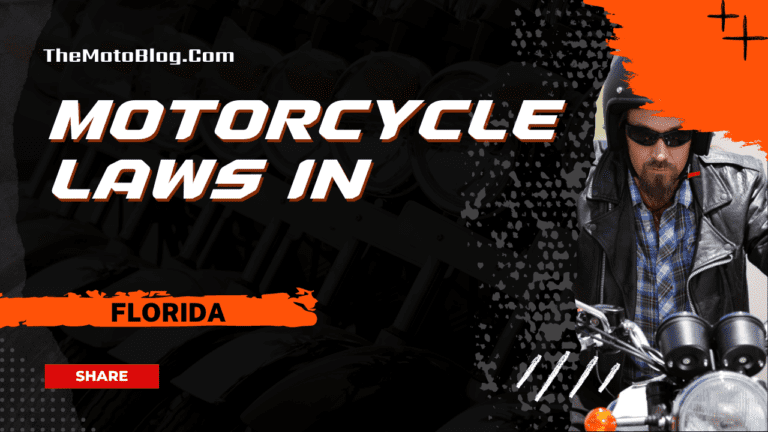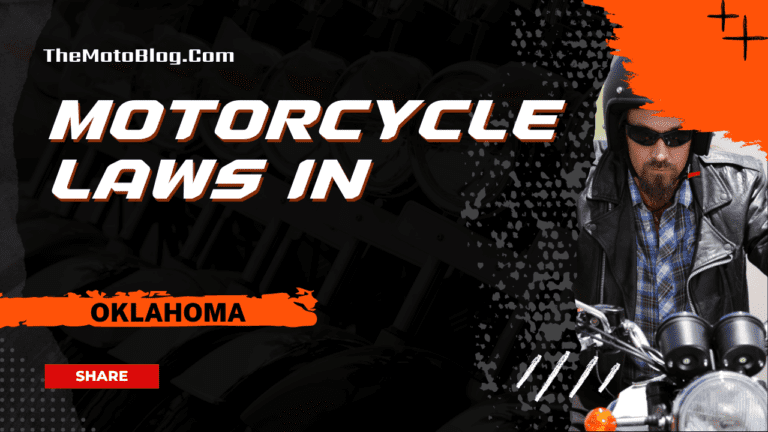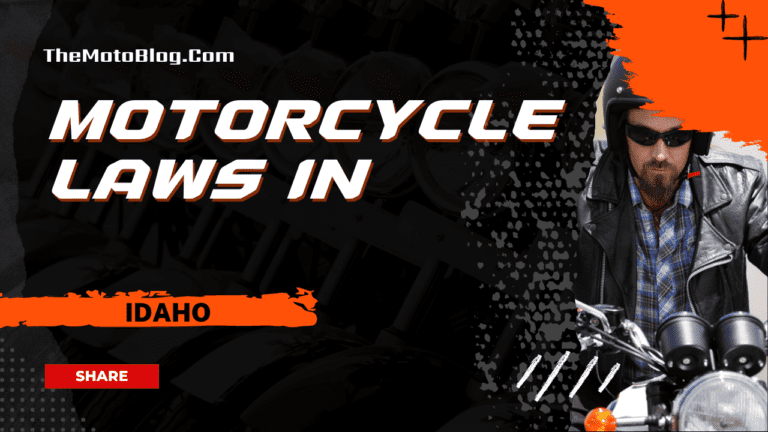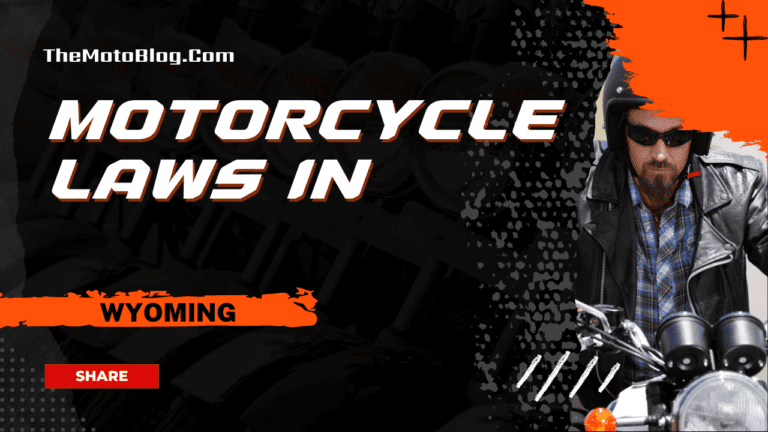Motorcycle Laws in North Carolina: The Essential Guide for Riders
Riding through the diverse landscapes of North Carolina requires a thorough understanding of the state’s motorcycle laws. Whether you’re cruising along the scenic Blue Ridge Parkway or commuting through urban areas, knowing these regulations is crucial for both safety and legal compliance. Neighboring states like Virginia and Tennessee share some common regulations, but there are important distinctions to consider when crossing state lines. For riders coming from South Carolina, understanding North Carolina’s stricter helmet laws and safety requirements is particularly important.

| Requirement | Details |
|---|---|
| Minimum Age | 16 years old |
| License Type | Class M or motorcycle endorsement with valid driver’s license |
| Helmet Law | Mandatory for all riders and passengers; DOT certified |
| Eye Protection | Not mandatory by law |
| Insurance Minimums | $30,000 bodily injury per person $60,000 bodily injury per accident $25,000 property damage |
| Lane Splitting | Prohibited |
| Passenger Rules | – No minimum age specified – Footrests required – Proper passenger seating |
| Excessive Motorcycle Sound Rules | -motorcycles must have a functioning exhaust system and the maximum permissible continuous sound level is limited to 90 decibels |
| Lighting Requirements | – Headlight always on while riding – Headlight visible from 200 feet – Taillight visible from 500 feet – Brake light visible from 100 feet |
| Mirror Requirements | Minimum one rearview mirror |
| Registration | – In-person registration – 7-day processing – Annual renewal required |
| Inspection | Annual safety inspection required |
| Red Light Rule | Can proceed after: – Complete stop – 3-minute wait – No traffic or pedestrians |
| Group Riding | Two motorcycles allowed side-by-side in same lane |
| Helmet Violation | $20.50 fee plus court costs |
| Registration Violation | Class 2 misdemeanor |
| Moped Exception | – No license required for under 50cc – Must be 16+ years old |
| Permit Restrictions | – Valid for 12 months – One 6-month renewal allowed – No passengers permitted |
| Required Documentation | – Driver’s license – Proof of insurance – Birth certificate – Lienholder release (if applicable) – Odometer statement (if under 10 years) |
Licensing Requirements
To legally operate a motorcycle in North Carolina, riders must obtain proper licensing credentials. The state implements a structured system to ensure rider competency and road safety.
Basic License Requirements
- Class M License or motorcycle endorsement
- Valid driver’s license required
- Minimum age requirement of 16 years
- Mandatory vision and road sign testing
- Motorcycle knowledge assessment
- On-cycle skills evaluation
Documentation Requirements
- Current driver’s license
- Proof of insurance coverage
- Birth certificate verification
- Instructional permits valid for 12 months
- One 6-month renewal option available
- No passenger allowance during permit period
Safety Equipment Regulations
Helmet Requirements
- Universal helmet law for all riders
- DOT certification compliance mandatory
- One-inch protective foam inner liner
- Required DOT sticker display
- Manufacturer’s label presence
- Proper care instructions included
Additional Safety Equipment
- Eye protection optional but recommended
- At least one rearview mirror required
- Passenger footrests mandatory
Operational Guidelines
Lane Usage and Traffic Rules
- Full lane usage rights
- Lane splitting prohibited
- Passenger capacity restrictions
- Two motorcycles permitted side-by-side
- Special red light proceeding rules
Vehicle Requirements
- Visible license plate from 50 feet
- Functional horn audible from 200 feet
- Proper exhaust system
- Working speedometer
- Continuous headlight operation
Insurance and Registration
Insurance Coverage
- $30,000 bodily injury per person
- $60,000 bodily injury per accident
- $25,000 property damage coverage
Registration Process
Complete documentation submission
- In-person registration required
- Seven-day processing period
- Annual renewal mandatory
- Annual safety inspection
Understanding and following North Carolina’s motorcycle laws is essential for both resident and visiting riders. These regulations are designed to promote safety while ensuring an enjoyable riding experience throughout the state. For those planning multi-state trips, it’s worth noting that regulations can vary significantly when crossing into Georgia or traveling north through West Virginia. Each state has its unique requirements and restrictions, making it crucial to research and prepare accordingly. Remember that these laws are regularly reviewed and updated, so staying informed about current regulations is key to maintaining compliance and ensuring safe travels across North Carolina and its neighboring states.
Motorcycle Laws in the US By States
If you liked this article, then please subscribe to our YouTube Channel for more Bike Videos. You can also find us on Instagram, Twitter and Facebook.
Disclosure: As an Amazon Associate, I earn from qualifying purchases. Read more about Amazon Affiliate Disclaimer.

Vishwanath Mathpati
I am Vishwanath Mathpati, a full-time Blogger and Motorcyclist from Bidar, Karnataka. I love writing about my Motorcycles Stories and Riding Gears on this blog.
Know More About Me.







